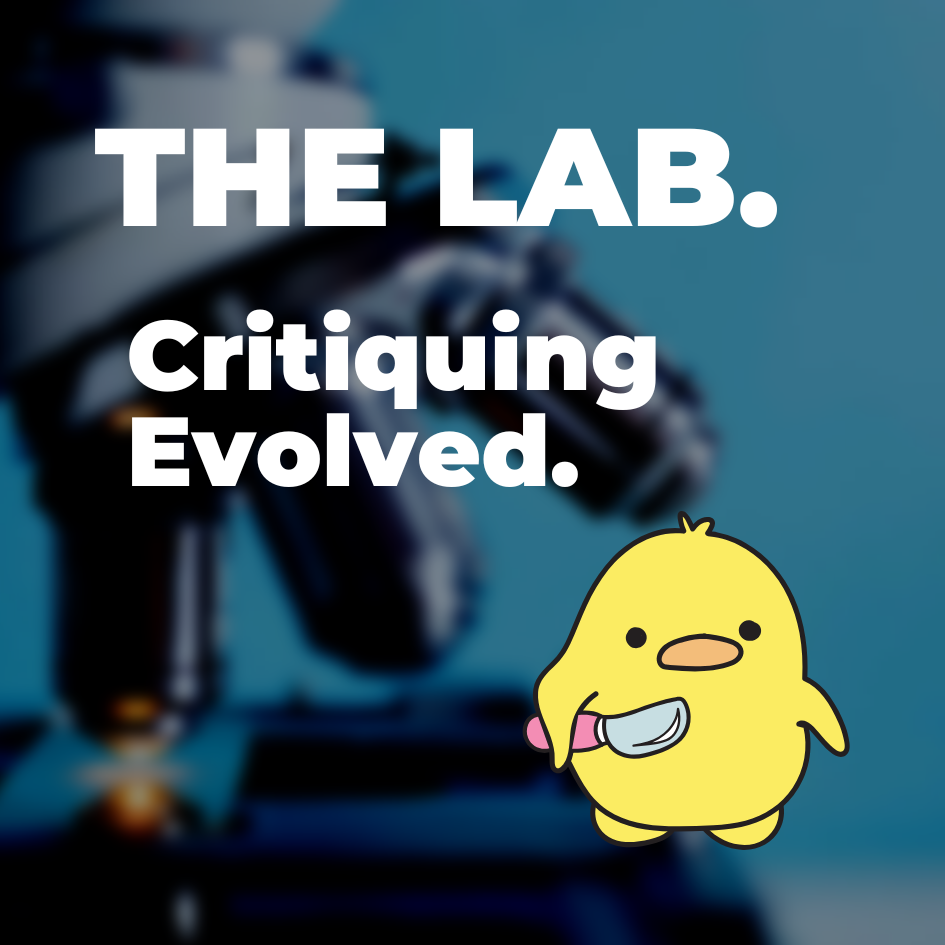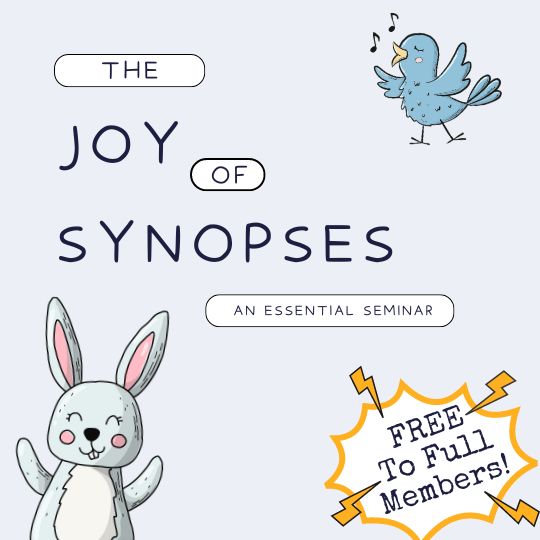Tim James
Basic
We've all been there.
You've slaved over your magnum opus. Got it to the peak of perfection. It's a fantastic read with a brilliant ending. And now you are ready to unleash it onto the world. You've already booked your seat at the next Booker Prize ceremony.
So you give a few copies to your friends to admire, post some extracts up on various writers' websites to show them how excellent your writing is and drum up some interest. Maybe you even send out a few copies to agents, because they're going to love it. And you sit back and wait for the round of applause to begin.
And then the responses come back and you eagerly read them.
But what's this? "Your title is a bit plain ..." "I don't think that works .." "You've used 'that' too many times..." "That character is a bit iffy ..." "You need to learn how to use a semi-colon ..."
They've trashed it. All your hard work and they've said it's awful.
And the red mist descends...
So what do you do?
Do you:
A: Go running to your bedroom and hide under the duvet, crying "Mummy, mummy! They are all being horrible to me. Make them stop. I'm going to throw my computer out of the window and never write another word." and seriously consider calling the Samaritans.
or do you:
B: Say to yourself, "Oh well. So much for that." Chuck the "perfect" manuscript that you have spent the best part of a year on in the bin and start on a fresh piece muttering, "Well they didn't like that one but they're gonna love this one."
or do you:
C: Straighten your back, stick your chin out and say, "Bunch of idiots! What do they know? It's perfect and I know it is. I'm going to self publish it anyway, just as it is. Then when the money starts flooding in and I'm a millionaire, I'll send them all an email telling them how wrong they were. Stuff the lot of them. B*****ds!"
or do you:
D: Swallow hard, twice. Carefully extract your fingernails from the deep grooves they have made in the desk and go and make yourself a cup of tea. Then come back and reread all the comments taking notes and saying to yourself, "Yes, I can see that now .... Umm, yeah, good point ... I can see how that might work ... Well I'm not sure you are right there but I'll think about it ..." And then start to make changes to your manuscript to make it even more perfect. And then when you finally get it into print thank them all in the acknowledgements section for all the help they have given you.
I know which one I chose. It's D every time for me.
Writers are not generally nasty people, nor are agents. If they give you feedback, it's because they think they can help you improve what you have written. You may not totally agree with what they say, but you should accept that you asked for an opinion and they have given it.
Anyway, that's the end of my epistle. Dare I ask for comments?
You've slaved over your magnum opus. Got it to the peak of perfection. It's a fantastic read with a brilliant ending. And now you are ready to unleash it onto the world. You've already booked your seat at the next Booker Prize ceremony.
So you give a few copies to your friends to admire, post some extracts up on various writers' websites to show them how excellent your writing is and drum up some interest. Maybe you even send out a few copies to agents, because they're going to love it. And you sit back and wait for the round of applause to begin.
And then the responses come back and you eagerly read them.
But what's this? "Your title is a bit plain ..." "I don't think that works .." "You've used 'that' too many times..." "That character is a bit iffy ..." "You need to learn how to use a semi-colon ..."
They've trashed it. All your hard work and they've said it's awful.
And the red mist descends...
So what do you do?
Do you:
A: Go running to your bedroom and hide under the duvet, crying "Mummy, mummy! They are all being horrible to me. Make them stop. I'm going to throw my computer out of the window and never write another word." and seriously consider calling the Samaritans.
or do you:
B: Say to yourself, "Oh well. So much for that." Chuck the "perfect" manuscript that you have spent the best part of a year on in the bin and start on a fresh piece muttering, "Well they didn't like that one but they're gonna love this one."
or do you:
C: Straighten your back, stick your chin out and say, "Bunch of idiots! What do they know? It's perfect and I know it is. I'm going to self publish it anyway, just as it is. Then when the money starts flooding in and I'm a millionaire, I'll send them all an email telling them how wrong they were. Stuff the lot of them. B*****ds!"
or do you:
D: Swallow hard, twice. Carefully extract your fingernails from the deep grooves they have made in the desk and go and make yourself a cup of tea. Then come back and reread all the comments taking notes and saying to yourself, "Yes, I can see that now .... Umm, yeah, good point ... I can see how that might work ... Well I'm not sure you are right there but I'll think about it ..." And then start to make changes to your manuscript to make it even more perfect. And then when you finally get it into print thank them all in the acknowledgements section for all the help they have given you.
I know which one I chose. It's D every time for me.
Writers are not generally nasty people, nor are agents. If they give you feedback, it's because they think they can help you improve what you have written. You may not totally agree with what they say, but you should accept that you asked for an opinion and they have given it.
Anyway, that's the end of my epistle. Dare I ask for comments?




